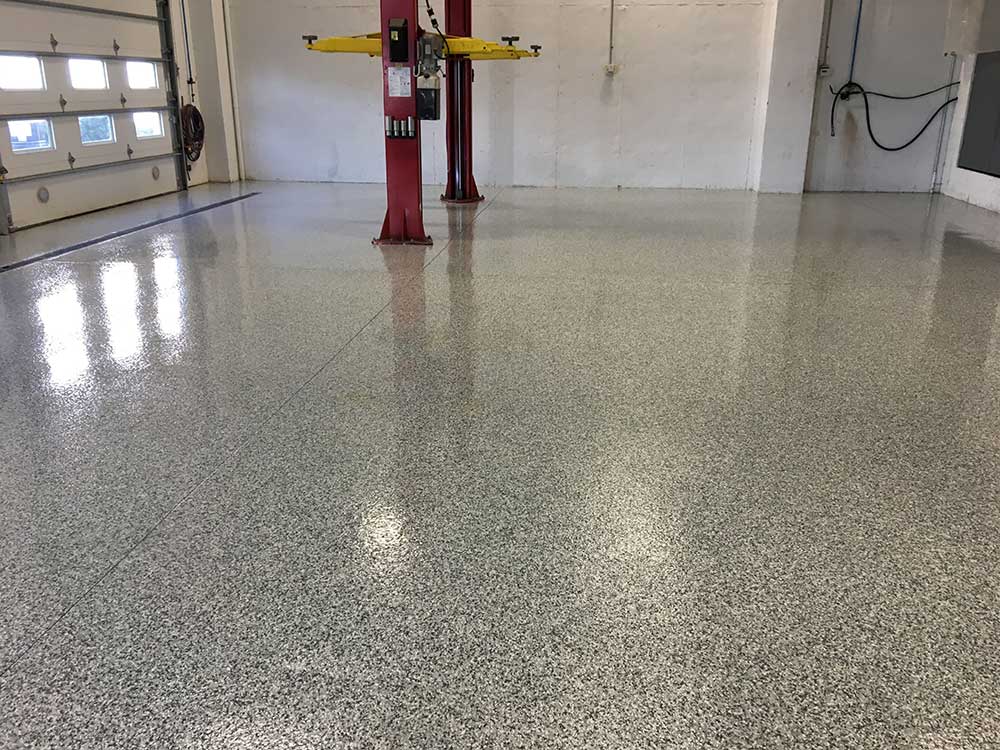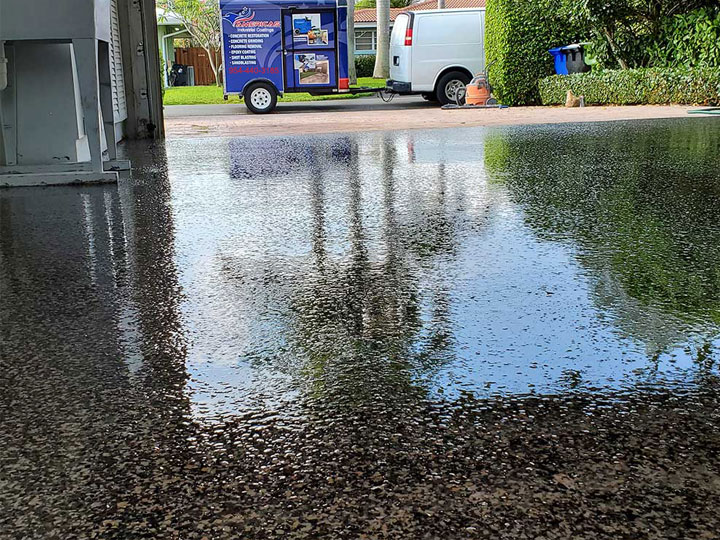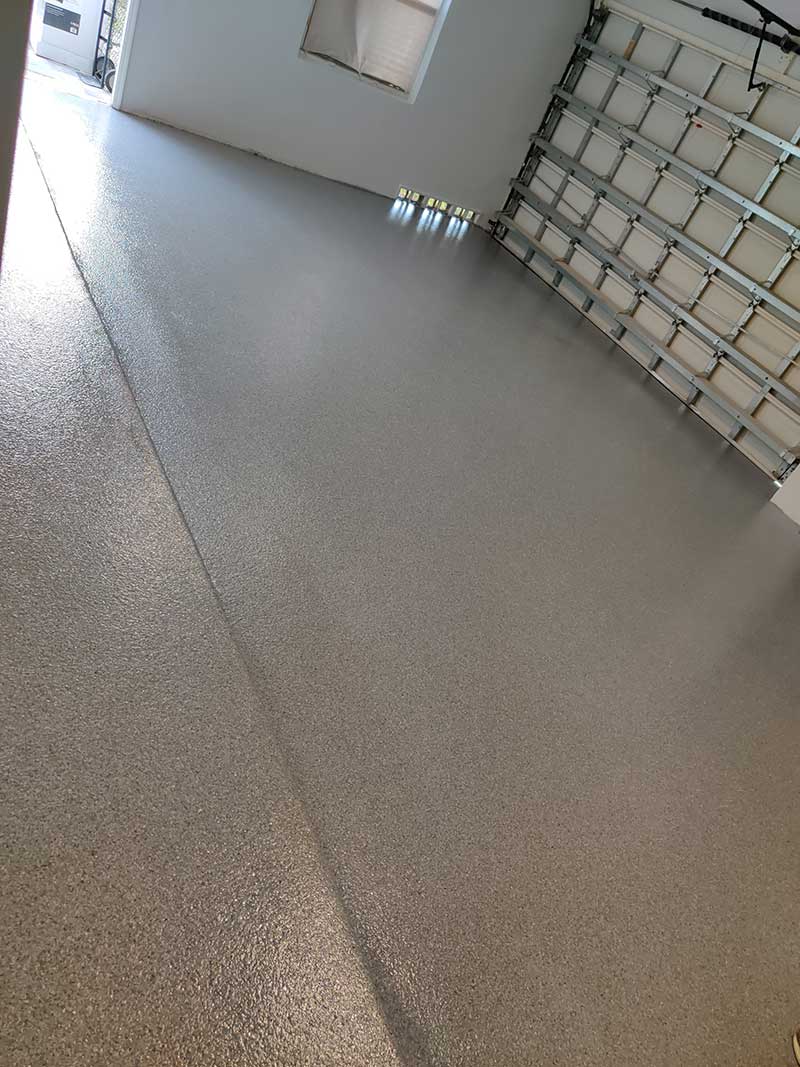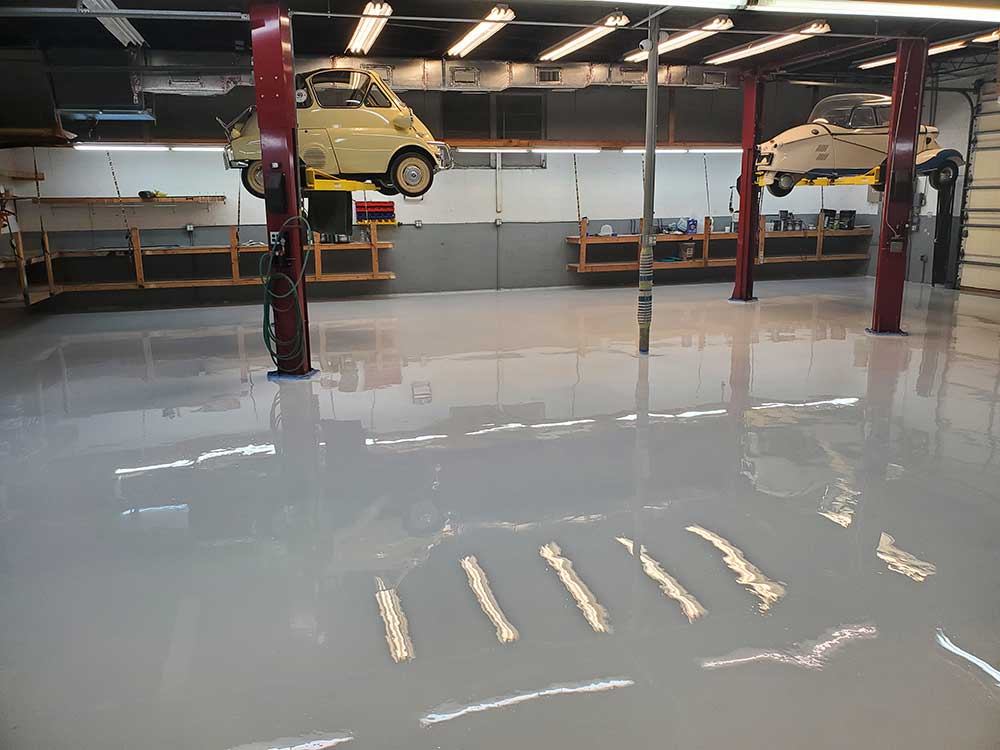How Long Do Epoxy Floors Last?
How Long Do Epoxy Floors Last?
You might have asked yourself "How long do epoxy floors last?" Perhaps you've considered installing new flooring in your home but are unsure about whether it's the best option for your property. Fortunately, this flooring material is highly durable, so you'll never have to worry about refinishing it for years to come. This durable material is known for its attractive look and long-lasting durability. So, what are the best ways to care for your new epoxy floor?
The good news is that epoxy floors don't easily wear or tear, so if cared for properly, they can last a long time in a residential environment. In a commercial setting, the lifespan will depend on the traffic and activities performed on the floor. Proper maintenance means daily sweeps, use of cleaning agents, and periodic re-coating. Ultimately, you will want to protect your new flooring investment for many years to come.
You can extend the lifespan of your epoxy floors by performing daily cleanings with a soft scrubbing tool. Even if you choose to install your own flooring, be sure to follow installation instructions carefully. If you fail to follow these steps, you might find yourself with a floor that needs to be repaired or replaced. However, proper care and maintenance can help extend the life of your floor and save you from the costs of repairing or replacing it.




